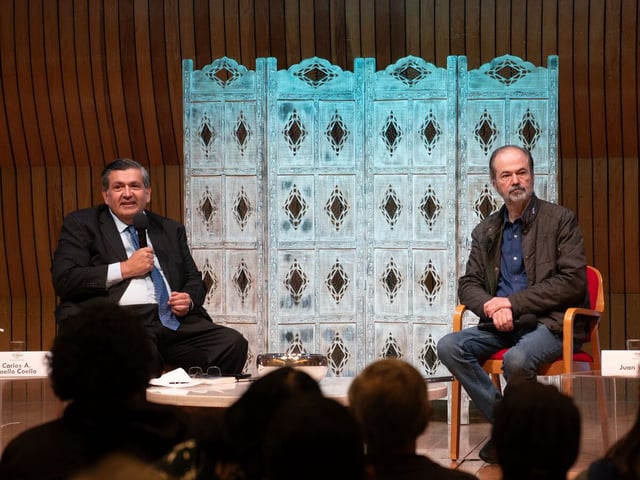Overview
- An op-ed argues the AI field has shifted to a multipolar ecosystem after low-cost, high-performing open releases such as DeepSeek, with new open models from Alibaba’s Qwen, Moonshot’s Kimi, Meta’s Llama program, and contributions from Japan’s Sakana AI.
- The “bigger is better” era is described as over, with engineering advances enabling top-tier performance without massive compute or data monopolies.
- Enterprises increasingly need tightly integrated systems for real-world tasks that require near-perfect reliability, pushing model developers and application builders to share responsibility for end-to-end performance.
- Policymakers’ push for AI sovereignty is reframed as a quest for soft power, with influence accruing to models that users voluntarily adopt, even as countries still benefit from combining tools developed in different regions.
- Public trust emerges as the decisive factor for adoption, with skepticism toward U.S. and Chinese systems creating openings for Japan and Europe to offer reliable, human-centered options, while debates about AI in politics include experiments like the 2024 ‘IA Steve’ artificial candidate and concerns over accountability in local governance.


